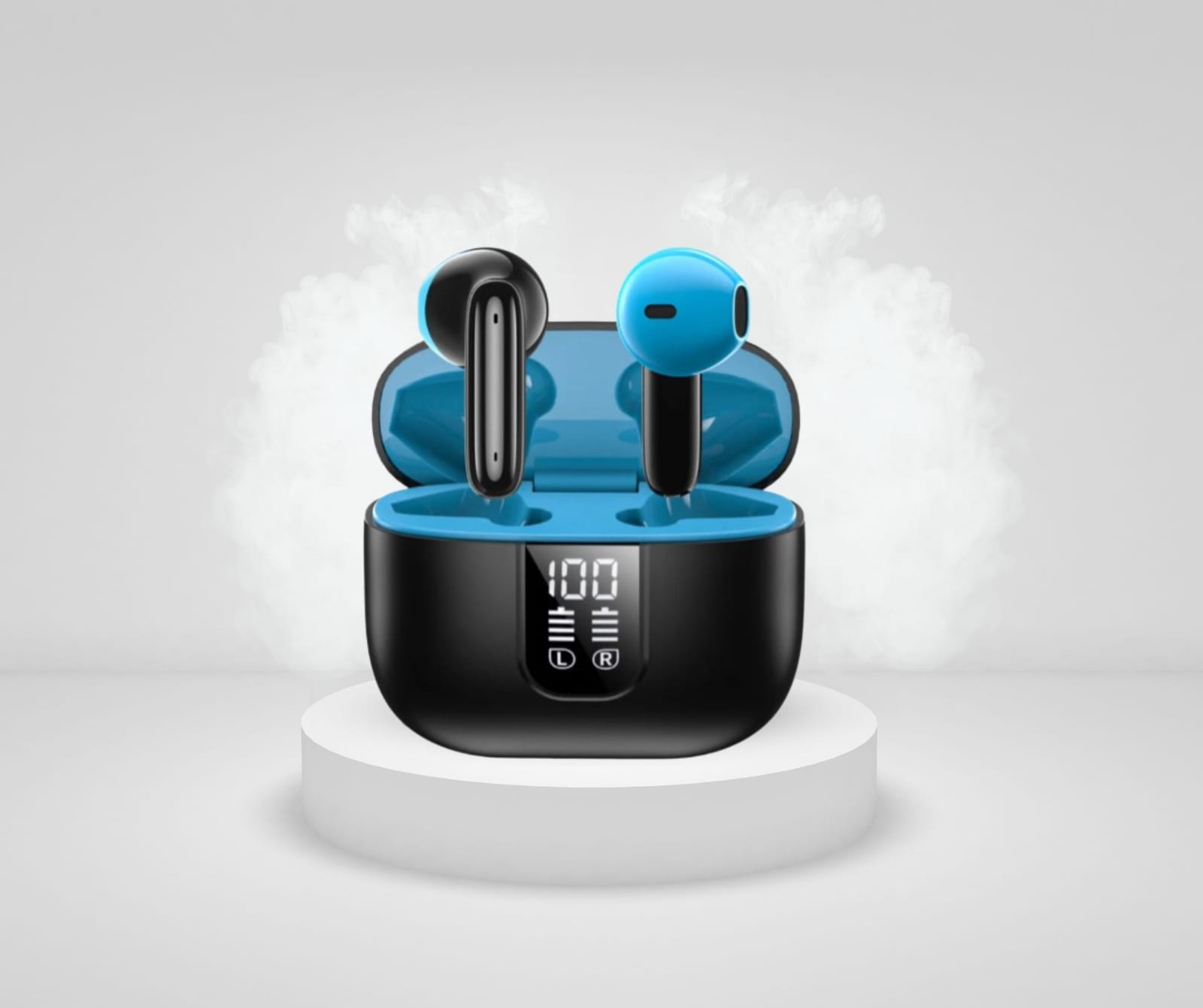Summary: The International Triathlon Union (ITU) is investigating South Africa’s Olympic bronze medalist triathlete, Henri Schoeman, who failed a drug test at the 2016 Rio Olympics. The investigation followed a 17th January article in Russia’s Sputnik News about leaked internal International Olympic Committee (IOC) emails. The emails revealed Schoeman’s use of a “performance improving drug”, Prednisolone. The drug’s use requires a Therapeutic Use Exemption (TUE) from the World Anti-Doping Agency (WADA), which a triathlete can obtain if using a banned drug to treat an illness.
Schoeman, who was ill with bronchitis before the event, declared his use of the drug on his Doping Control Form (DCF). He declared using it on 17th July 2016, the day before the men’s triathlon. The IOC never received a needle form. According to IOC anti-doper Cherine Touvet, the South African National Olympic Committee should have secured a TUE and informed the IOC about it.
The IOC never issued an Adverse Analytical Finding (AAF) after the failed drug test, nor did they penalize the athlete. Some IOC officials are seeking ways to obtain a retroactive TUE. They may need a medical record of a visit to Olympic doctors to justify it. He was treated by Olympic team doctor Kevin Subban.
What is Prednisolone?: According to WebMD, it’s a glucocorticosteroid used for “arthritis, blood disorders, breathing problems, severe allergies, skin diseases, eye problems, and immune system disorders.” People with chest and respiratory infections also take it. Some triathletes use the drug to increase running and cycling endurance, which is why it’s banned. A 2007 US National Institutes of Health study confirmed its performance-enhancing effects in cyclers.
Many people knowledgeable about the drug will say the drug, which has a half-life of two-four hours, will be detectable in urine for up to 24 hours. However, one study says that metabolites can be detected even after five days. The real figure likely depends on the drug testing equipment.
Important info that isn’t widely reported: A month after the Rio Olympics, a news article noted that Schoeman got sick with bronchitis “three weeks before the Olympics.” It began with a sore throat. A doctor diagnosed it and prescribed an antibiotic. He felt fine by the time he went to Brazil. Three days before the men’s triathlon, he came down with a fever and lost his voice. Dr. Kevin Subban treated him and told him, the night before the triathlon, that he was fit to compete.
The Verdict: Notice the lack of brevity in this article’s “quick summary”. You’ll never explain this case to someone in an elevator. This is more likely a bureaucratic failure than a case of cheating. While the IOC is seeking a retroactive TUE, this is not enough to shout “cover up!”
There were people on Twitter commenting about Schoeman’s illness just after his third-place finish in Rio, and the Sunday Tribune story about his illness gives total confirmation. There is no doubt that he was actually sick with an infection that is often treated with Prednisolone. Granted, later studies revealed that it’s ineffective for treating bronchitis, as bronchitis is usually caused by a virus and not bacteria. Doctors still prescribe it, and it’s likely what the doctor prescribed.
Schoeman is fully cooperating with the ITU, and there will surely be more breaking news in the future.







